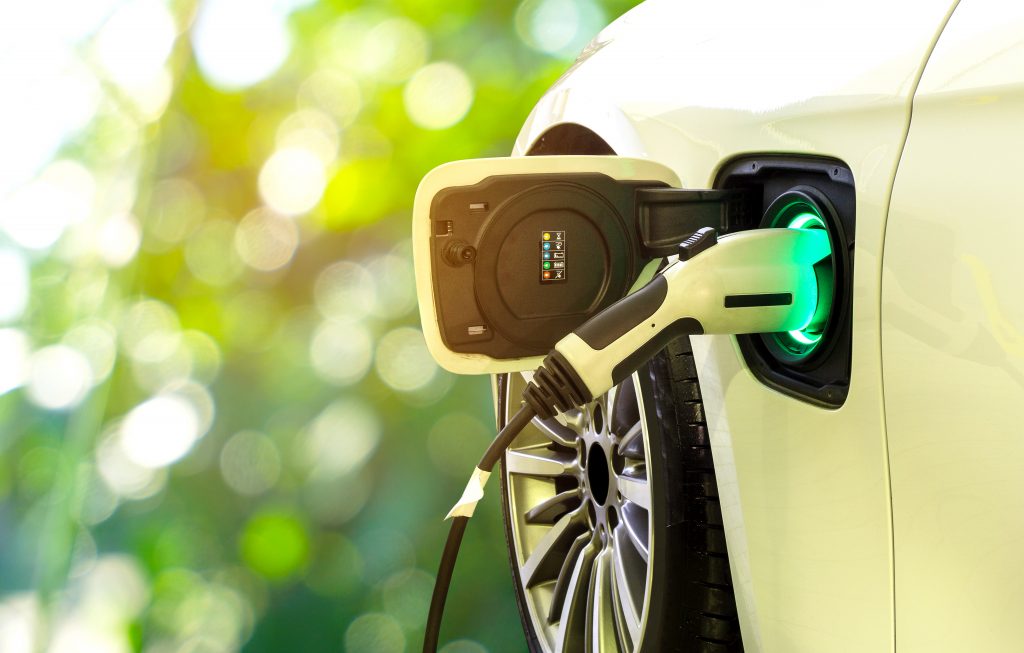
The motoring organisation found that charging at peak times on slow chargers (up to 8kW), typically lampposts within residential areas, saw the largest price increase over the month.
It noted smaller increases were seen across other speeds, but the typical cost of flat-rate fast charging has fallen by 2p/kWh.
While the hike is less steep than one last year (13p/kWh in 2023), the cost of charging at peak times on a public slow charger is now 69p/kWh compared to 67p/kWh 12 months ago.
The timing of the increase runs alongside the increasing cost of domestic energy, with Ofgem’s energy price cap increasing to £1,738 from Sunday (1 December). Typically, lamppost charging prices fall in the summer, mirroring the costs of home electricity.
The AA said that drivers who can charge at home on a standard tariff will still enjoy motoring at less than 6p per mile.

How life insurance can benefit your health and wellbeing over the decades
Sponsored by Post Office
Elsewhere, charging at ultra-rapid stations increased by up to 3p/kWh in a month, but fast charging costs fell by 2p, meaning it would cost around £23 to add 80% battery to an electric vehicle (EV).
Jack Cousens, head of roads policy for the AA, said; “EV owners without their own parking spot won’t be pleased that residential charging costs have risen. However, as these increases are at peak times, typically as people return home from work, if they are prepared to plug in before bedtime, they can charge overnight at a competitive rate.
“While price rises are always disappointing, the difference between EV and petrol costs is that charging companies offer far more stability and uniformity compared to forecourts. We expect there to be little price fluctuation at chargers across the winter, whereas petrol drivers fear that their costs could increase daily.
“The AA welcomes the extra investment to boost the number of chargers across the country, and hopes to see the money spend on filling the gaps that have started to show amongst local authorities. Ensuring that drivers have access to charging at varying speeds at numerous destinations gives even more confidence that an EV owner can find a charge point when they need one.”




